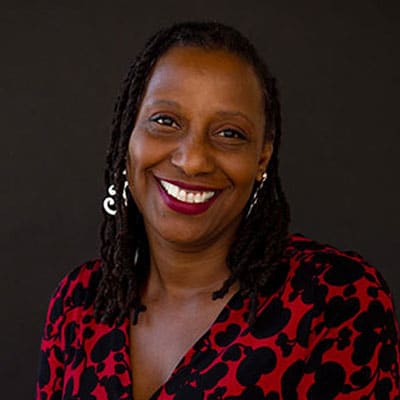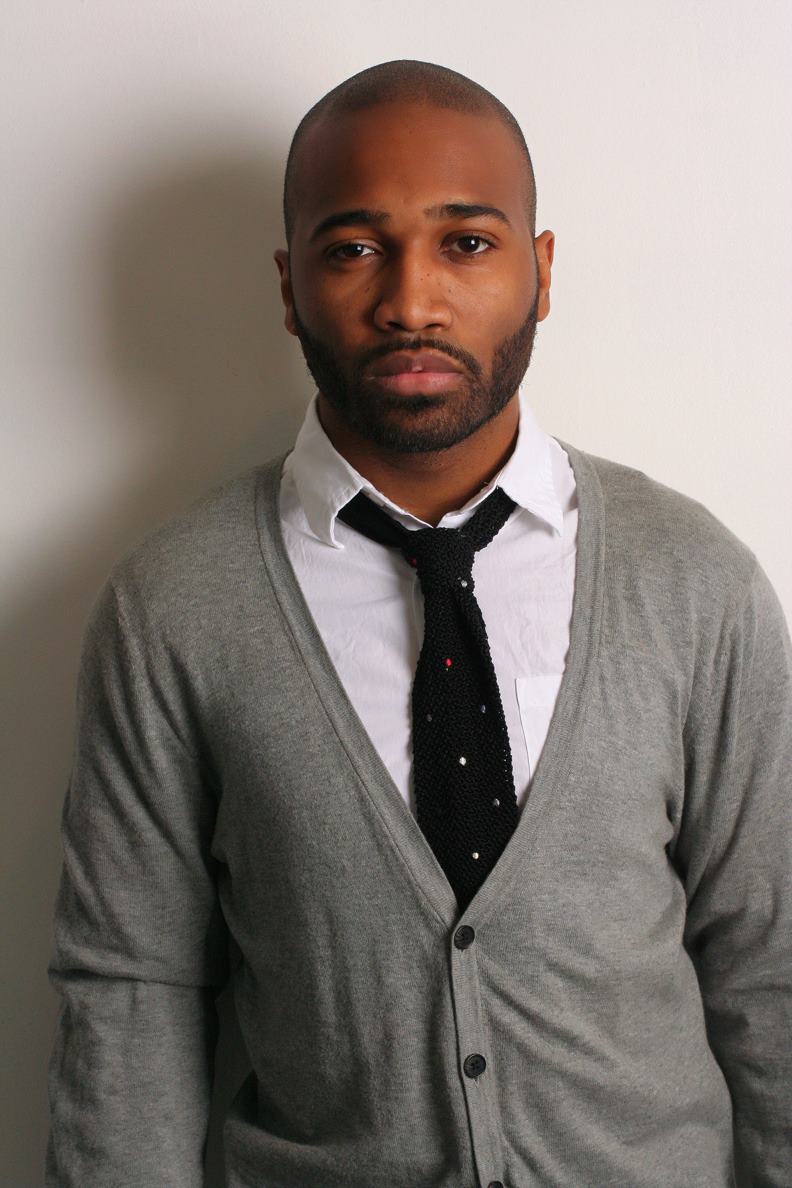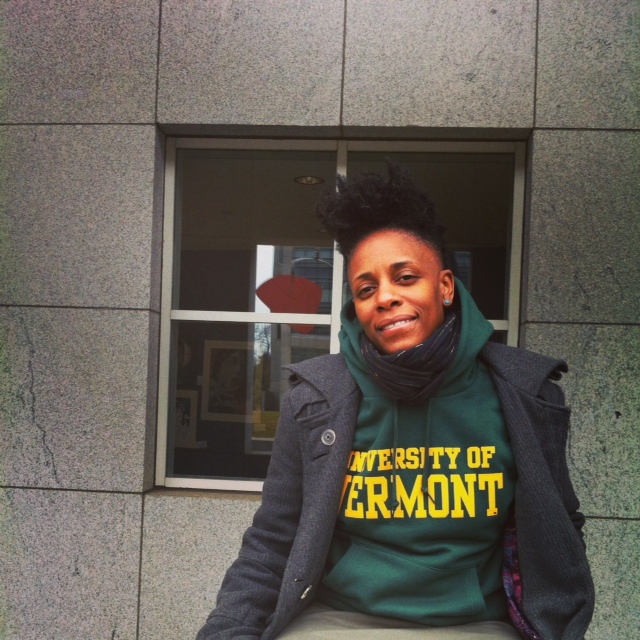Sandra Kay Barnhill – Activist & National Advocate for Prisoners
SANDRA BARNHILL Founder and CEO, Foreverfamily, Inc. Atlanta, GA Twitter Facebook Instagram “The voices of the families, especially the quiet ‘sheroes’ who hold the family… Read More »Sandra Kay Barnhill – Activist & National Advocate for Prisoners




